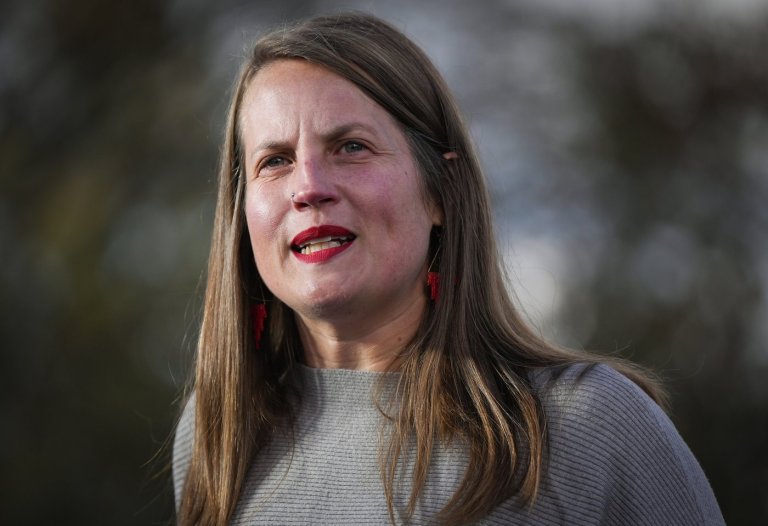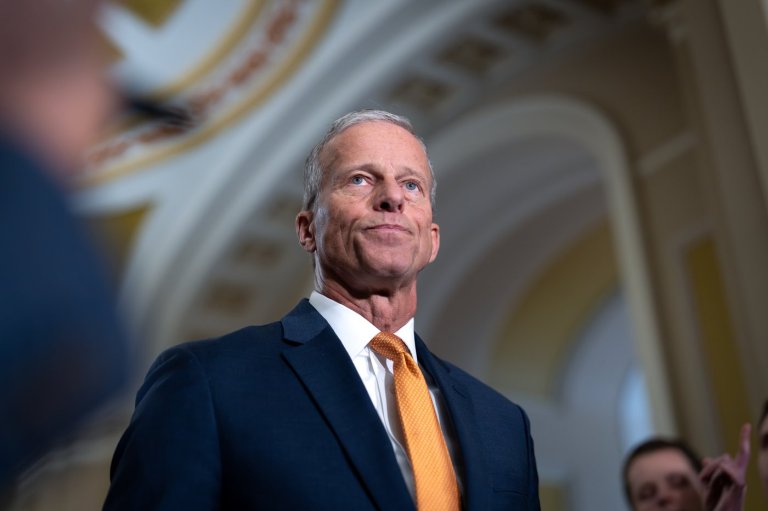He helped deliver Arab American support for Trump. Now his path to Mideast post faces GOP opposition
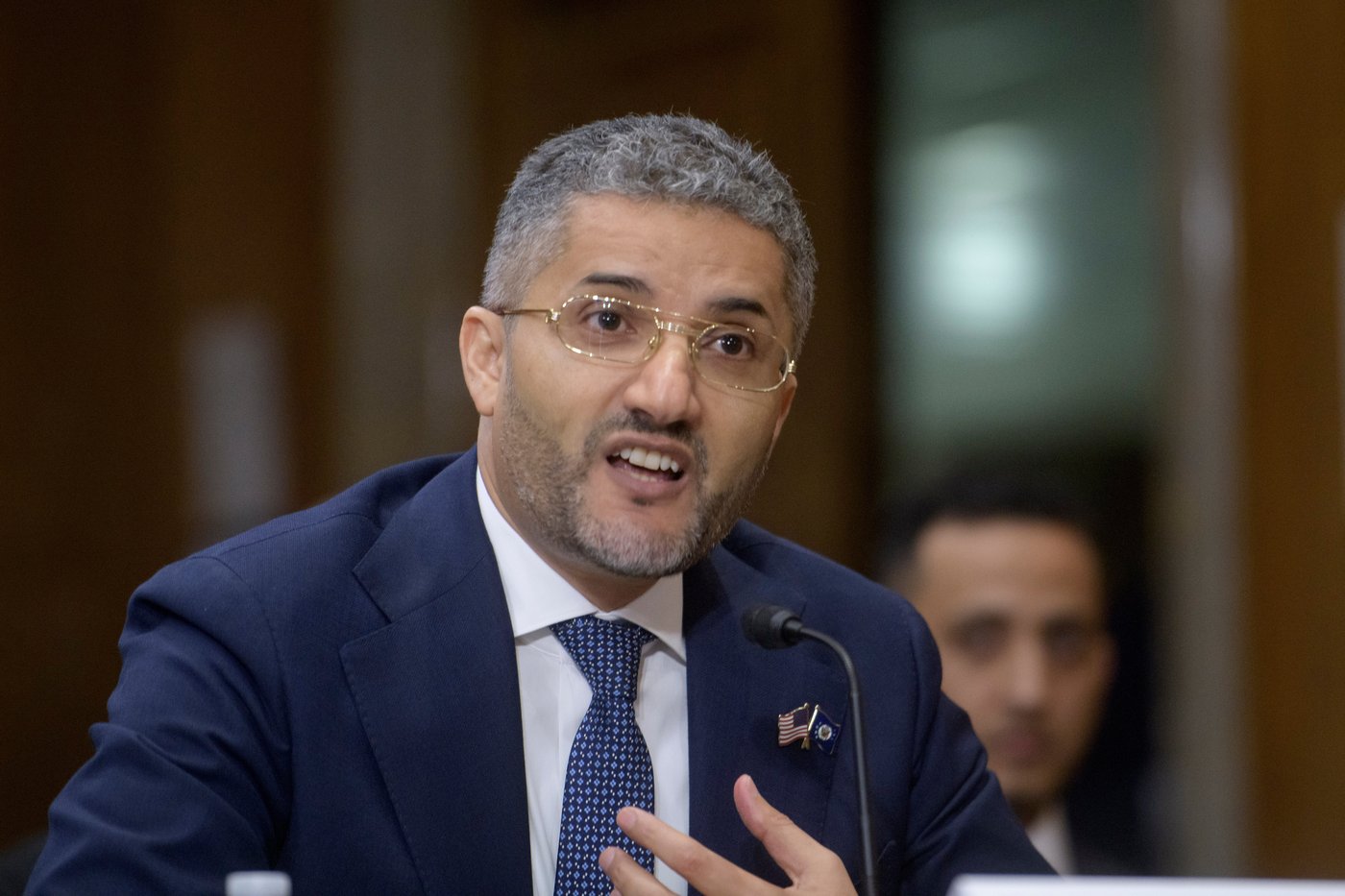
WASHINGTON (AP) — President Donald Trump’s pick for U.S. ambassador to Kuwait faces steep odds of confirmation with several Republican senators planning to oppose Amer Ghalib over past remarks they say are antisemitic.
Ghalib, the mayor of the Arab-majority city of Hamtramck, Michigan, told The Associated Press on Wednesday that he does not plan to withdraw his nomination unless Trump asks him to — which the Republican president so far has not done.
Republican Sens. Ted Cruz of Texas and Dave McCormick of Pennsylvania have publicly said they will vote against Ghalib, while others have privately signaled the same, according to a congressional aide who spoke on condition of anonymity because they were not authorized to discuss private conversations. With all Democrats likely to vote against Ghalib, the Republican opposition would be enough to sink his bid.
It would be the latest in a string of Trump administration picks to falter in the Senate.
For Ghalib, it amounts to a sharp reversal in his standing within the Republican Party. Nearly a year ago, on Election Day, Trump embraced him onstage at a Michigan rally, calling him “one of the greatest men in your state.” Trump has credited Ghalib with helping deliver stronger-than-expected Arab American support in the swing state last year.
“He’s a great man,” Trump told the crowd. “If we win this state you’re going to be very responsible.”
Bishara Bahbah, founder of Arab Americans for Trump and a key figure in the president’s outreach, said in a telephone interview Wednesday that failure to confirm Ghalib’s nomination would send a “very negative message” to Arab Americans.
“As it is, many in the community feel that they have not been properly paid attention to after the elections. And so this would, this would compound the situation,” Bishara said.
Criticism of Ghalib by senators of both parties
During a Senate Foreign Relations Committee hearing last week, Republicans and Democrats pressed him over past quotes and social media posts they described as antisemitic. The most scrutinized remarks concerned Hamas’s Oct. 7 attack on Israel and former Iraqi leader Saddam Hussein, whom he allegedly called a martyr.
Ghalib did not deny many of the past statements, saying some were made as a private citizen or were mistranslated from Arabic. When asked about his “liking” of a Facebook response comparing Jewish people to monkeys, Ghalib acknowledged having a “bad habit” of acknowledging every comment under his social media posts. He said he disagrees with the statement.
“Your long standing views are directly contrary to the views and positions of President Trump and to the position of the United States,” Cruz said. “I for one, I’m not going to be able to support your confirmation.”
Jake Murphy, a spokesperson for McCormick, confirmed to AP that the senator planned to vote against Ghalib’s nomination. Utah Sen. John Curtis is also “ deeply concerned” about Ghalib’s nomination, according to a statement from his spokesperson, Adam Cloch.
Highlighting Ghalib’s dwindling chances, GOP Sen. Rand Paul told The Associated Press he believed the nomination had already been withdrawn. But Sen. James Risch, chair of the Foreign Relations Committee, told the AP that as of Tuesday night a vote was still planned.
After the contentious Oct. 23 hearing, Ghalib wrote on Facebook that Trump had called him and expressed support. The White House did not immediately respond to a request for comment.
Ghalib told AP by text on Wednesday that Trump had asked him to send additional information that the committee had asked for and then “see what would happen.” The president has not asked him to withdraw, according to Ghalib.
Trump’s 2024 appeal to Arab Americans in Michigan
A native of Yemen, Ghalib made national headlines in September 2024 when, while serving as a Democratic mayor, he endorsed Trump. His backing reflected a segment of the Arab American community that, while traditionally Democratic, opposed Democratic Vice President Kamala Harris in part because of the Biden administration’s role in the war in Gaza.
In Michigan, which holds the nation’s largest concentration of Arab American voters, Trump made significant inroads in Arab majority cities such as Hamtramck and Dearborn, where he visited in the days before the election. Trump would go on to became the first Republican presidential candidate since George W. Bush in 2000 to win Dearborn, where nearly half of the 110,000 residents are of Arab descent.
Since the election, some Republicans have criticized Dearborn, arguing the city — sometimes called the Arab capital of the United States — has not assimilated into American culture.
“Muslims have been fighting to wipe out Christians and Jews for centuries. But now the problem isn’t just confined to the far-away Middle East. It’s happening right here in our backyard,” Alabama Sen. Tommy Tuberville said during a Senate floor speech Tuesday.
“We’re already seeing cities in Michigan, Minnesota being taken over by Sharia Law,” added Tuberville, later calling out Dearborn in his speech.
Bahbah rejected those claims, calling them “not acceptable” and emphasizing the community’s electoral importance.
“Islamophobia is totally unacceptable. The president does not participate in this point of view,” Bahbah said. “And it is sad that these senators come out and and try to slight a very important and growing Muslim American community in the United States.”
___
Associated Press writers Mary Clare Jalonick and Matthew Lee contributed to this report.
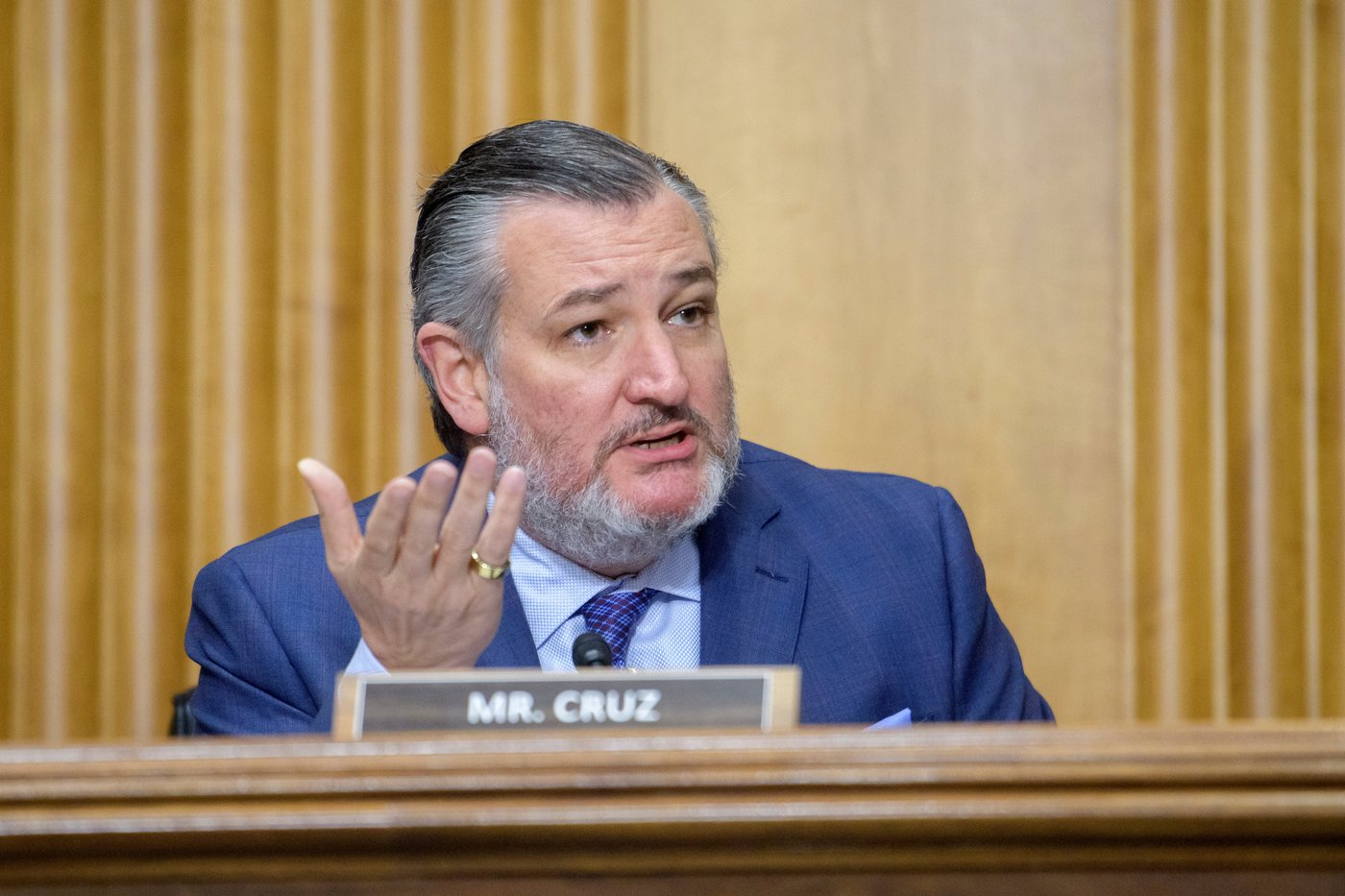
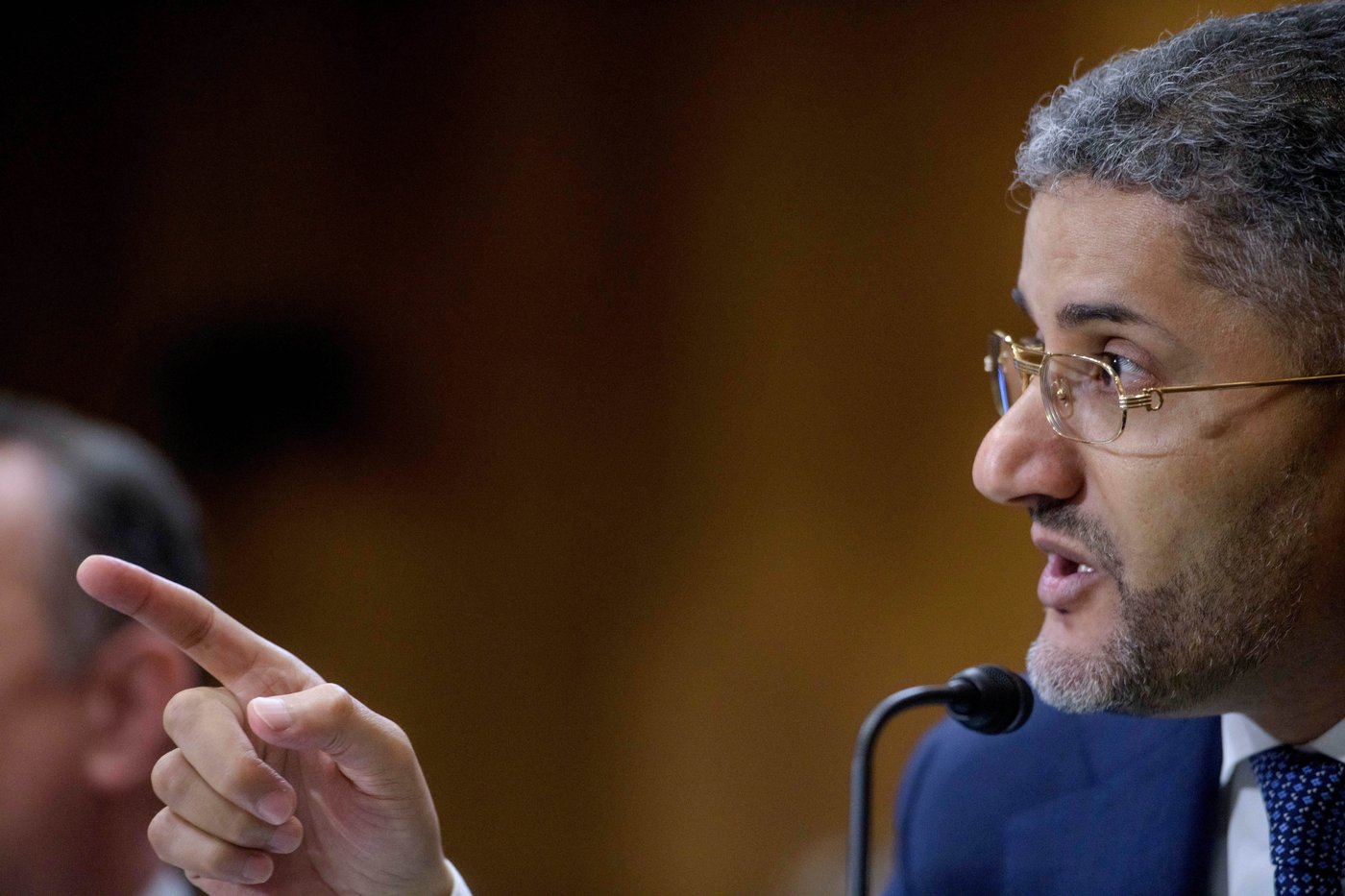
Join the Conversation!
Want to share your thoughts, add context, or connect with others in your community?
You must be logged in to post a comment.














